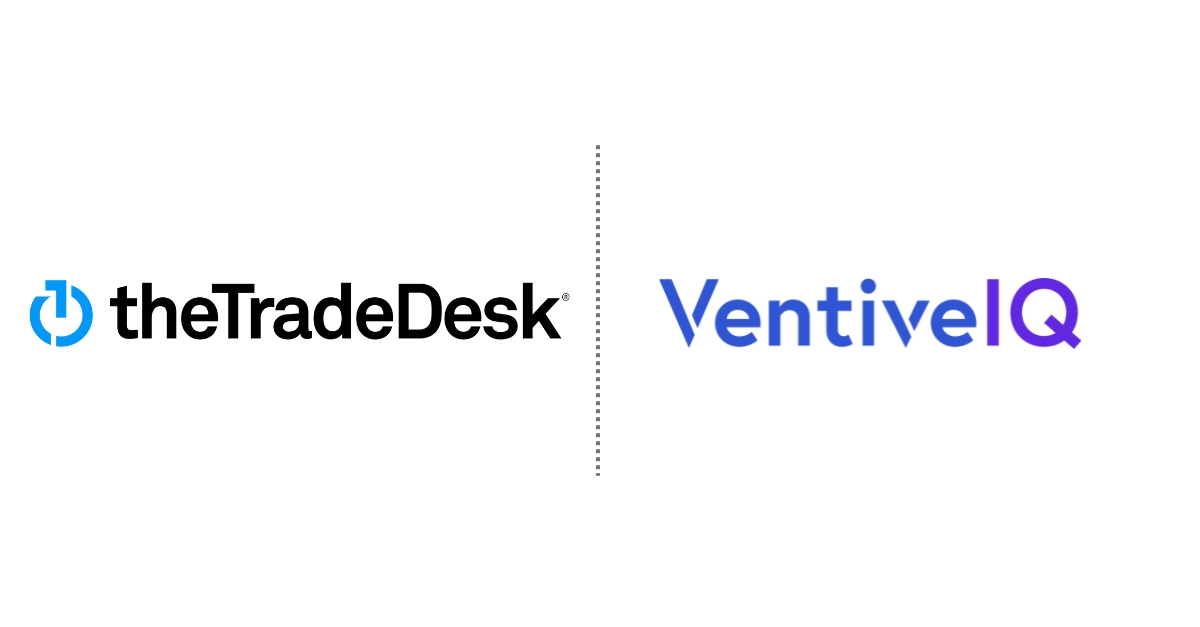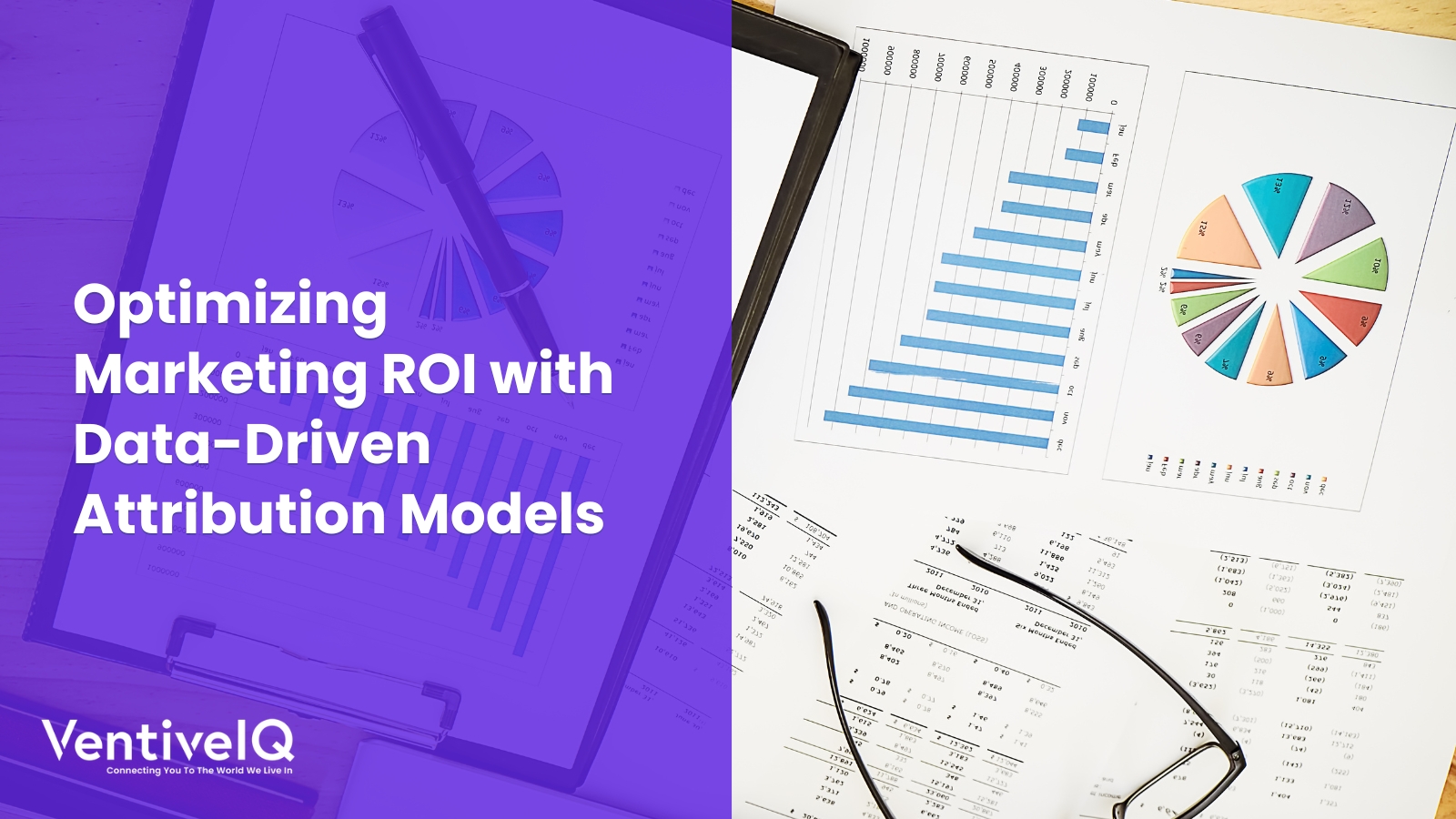Discover the advantages of data-driven decision-making and how it empowers businesses to achieve precision, optimize operations, and enhance customer experiences.
Overview
In today’s data-rich world, businesses across all industries are witnessing a paradigm shift in decision-making processes. Traditional intuition-based approaches are being replaced by data-driven decision-making (DDDM), where insights derived from extensive data analysis serve as the foundation for strategic choices. The USA, as a global leader in innovation and technology, has embraced DDDM and is reaping its myriad benefits. In this blog, we will explore the advantages of data-driven decision-making for businesses and individuals in the USA.

The essence of DDDM lies in utilizing data to enhance and guide the decision-making process. By collecting, analyzing, and interpreting data, businesses can gain insights into their customers, operations, and markets. Utilizing this data allows for better-informed decisions across various aspects, ranging from product development to marketing campaigns.
Top 6 benefits to data-driven decision-making for businesses in the USA
- Enhanced Customer Experience
In the competitive landscape of the USA, delivering exceptional customer experiences is key to success. DDDM empowers companies to understand their customer’s preferences and behaviors better. By analyzing customer data, businesses can tailor their products and services to meet specific needs, resulting in higher customer satisfaction and loyalty. This data-driven personalization fosters a deeper connection with customers and strengthens brand reputation, ultimately driving business growth.
- Optimized Operations and Efficiency
For organizations looking to streamline operations and maximize efficiency, DDDM provides a roadmap to success. Analyzing operational data helps identify bottlenecks, optimize processes, and reduce wastage. Businesses can identify areas for improvement, allocate resources more effectively, and enhance productivity. In turn, this not only reduces costs but also ensures a competitive edge in the fast-paced business environment of the USA.
- Proactive Risk Management
In an ever-evolving business landscape, managing risks effectively is crucial for sustainability. DDDM enables organizations to detect potential risks early on by analyzing historical data and monitoring ongoing trends. By being proactive, businesses can implement risk mitigation strategies, ensuring business continuity and protecting their bottom line. This is especially pertinent in industries that face compliance and regulatory challenges, such as finance and healthcare.

- Innovation and Agility
The USA has always been at the forefront of innovation, and DDDM plays a pivotal role in fostering a culture of creativity and agility. By leveraging data-driven insights, businesses can identify emerging opportunities and trends. This proactive approach allows them to adapt quickly to market changes and consumer demands, giving them a significant competitive advantage. Moreover, data-driven experimentation and rapid feedback loops enable organizations to innovate and iterate faster, leading to breakthrough products and services.
- Empowering Human Resources
Data-driven decision-making is not just limited to business processes; it extends its benefits to human resources as well. With data analytics, companies can make better hiring decisions, identify skill gaps, and design effective training programs. Employee performance and engagement can be evaluated through data, leading to more objective evaluations and tailored career development plans. Ultimately, this fosters a positive work culture and boosts employee satisfaction, leading to higher retention rates.
- Evidence-Based Public Policy
DDDM is not confined to the corporate world alone; it has a profound impact on shaping public policy in the USA. Government agencies can leverage data to address social issues, optimize public services, and allocate resources effectively. Data-driven insights provide a solid foundation for evidence-based policymaking, promoting transparency, accountability, and better outcomes for citizens.
If you’re a business in the USA, you can start taking advantage of the benefits of data-driven decision-making by collecting, analyzing, and interpreting data from your customers, operations, and markets. There are many tools and resources available to help you get started, so there’s no excuse not to give it a try.
5 additional tips for implementing data-driven decision-making in your business
By following these tips, you can start to implement DDDM in your business and reap the many benefits it has to offer.

- Set clear goals: What do you want to achieve by using data-driven decision-making? After defining your objectives, you can initiate the data collection process and create the necessary analytical tools.
- Create a data-driven culture: Data-driven decision-making requires a culture of openness and trust. Employees need to be willing to share data and insights, and they need to be confident that their decisions will be based on facts, not gut feeling.
- Invest in data infrastructure: Data-driven decision-making requires a strong data infrastructure. This includes the right hardware, software, and data storage solutions.
- Get the right people on board: Data-driven decision-making requires the right people. You need employees who are skilled in data analysis and interpretation.
- Make it a continuous process: Data-driven decision-making is not a one-time event. It’s an ongoing process that requires continuous evaluation and improvement.
Conclusion
Data-driven decision-making is a powerful tool that can help businesses in the USA make better decisions, improve efficiency, enhance customer experience, increase profitability, and gain a competitive advantage. By harnessing the power of data analytics and artificial intelligence, organizations can make precise, proactive, and informed choices that lead to enhanced customer experiences, optimized operations, and sustainable growth. As the USA continues to embrace this data-driven approach, it is poised to maintain its position as a global economic powerhouse, driving success and prosperity for years to come.



